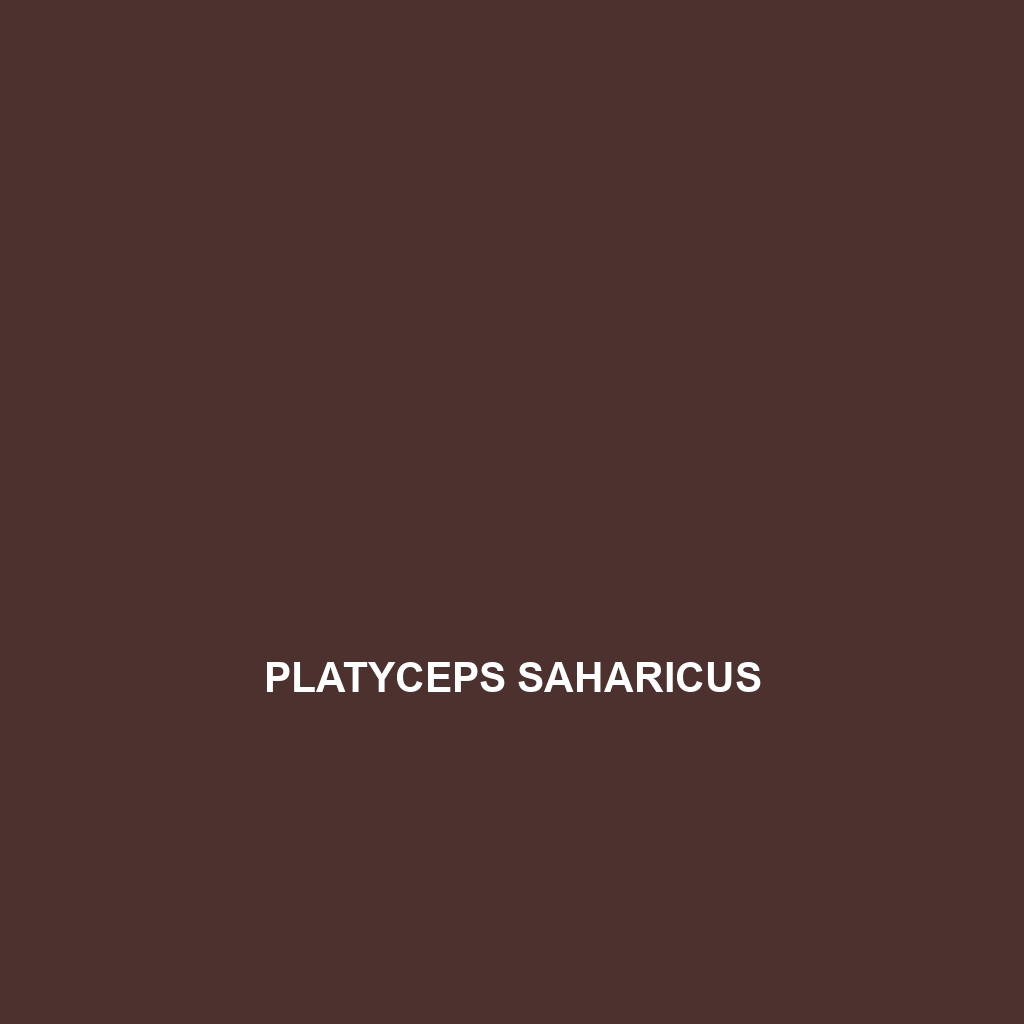Discover the intriguing Sonora taylori, or Taylor’s Sonora, a slender desert-dwelling species known for its remarkable adaptability and distinctive tan and brown patterned skin. Thriving in the arid landscapes of the southwestern United States and northwestern Mexico, this nocturnal predator plays a crucial role in controlling insect populations and maintaining ecological balance.
Tag: Desert Ecology
Sonora occipitalis
Discover the Sonora occipitalis, or desert nightsnake, a slender, nocturnal serpent thriving in the arid landscapes of the southwestern United States and northwestern Mexico. Known for its distinctive coloration and secretive behavior, this insectivorous species plays a vital role in maintaining ecological balance while adapting to harsh desert conditions.
Sonora occipitalis
Discover the Sonora occipitalis, or desert nightsnake, a slender, nocturnal serpent thriving in the arid landscapes of the southwestern United States and northwestern Mexico. Known for its distinctive coloration and secretive behavior, this insectivorous species plays a vital role in maintaining ecological balance while adapting to harsh desert conditions.
Ptyodactylus rivapadiali
<b>Ptyodactylus rivapadiali</b>, commonly found in the arid regions of North Africa, including the Saharan desert, is a nocturnal gecko adapted to harsh environments. This slender insectivore, reaching lengths of 10 to 15 cm, boasts excellent camouflage and specialized adhesive pads for climbing rocky terrains while playing a vital role in controlling insect populations.
Ptyodactylus rivapadiali
<b>Ptyodactylus rivapadiali</b>, commonly found in the arid regions of North Africa, including the Saharan desert, is a nocturnal gecko adapted to harsh environments. This slender insectivore, reaching lengths of 10 to 15 cm, boasts excellent camouflage and specialized adhesive pads for climbing rocky terrains while playing a vital role in controlling insect populations.
Platyceps saharicus
<b>Platyceps saharicus</b>, commonly found in the arid regions of North Africa, particularly the Sahara Desert, is a slender, nocturnal snake known for its striking sandy brown to pale yellow coloration and large smooth scales. This carnivorous species primarily preys on small mammals and exhibits interesting social behaviors during mating seasons, making it a unique component of its desert ecosystem.
Phrynocephalus persicus
Discover the fascinating Phrynocephalus persicus, or Persian toad-headed agama, known for its remarkable adaptation to arid environments of Iran, featuring a robust, flattened body, and distinctive color-changing abilities that aid in camouflage. This insectivorous lizard plays a crucial role in maintaining the balance of desert ecosystems by controlling insect populations while serving as an essential food source for larger predators.
Phrynocephalus hispidus
Discover the Hispid Toad-head Agama (Phrynocephalus hispidus), a resilient reptile native to the arid regions of Central Asia, thriving in semi-desert environments. With distinctive spiny scales and a diet primarily consisting of insects, this fascinating species exhibits unique behaviors such as territorial displays and elaborate courtship rituals, making it a remarkable inhabitant of its ecosystem.
Pachydactylus tsodiloensis
<p><b>Pachydactylus tsodiloensis</b> is a medium-sized gecko native to the arid regions of Botswana, particularly the Tsodilo Hills, known for its distinctive large toe pads and nocturnal behavior. This insectivorous species thrives in rocky outcrops and savannas, playing a crucial role in regulating insect populations and supporting the local ecosystem.</p>
Pachydactylus kobosensis
Discover the unique Pachydactylus kobosensis, a nocturnal lizard native to the arid regions of Namibia, distinguished by its flattened body, large toes, and excellent camouflage. This insectivorous species plays a vital role in its ecosystem, regulating insect populations and aiding soil aeration with its burrowing habits.









